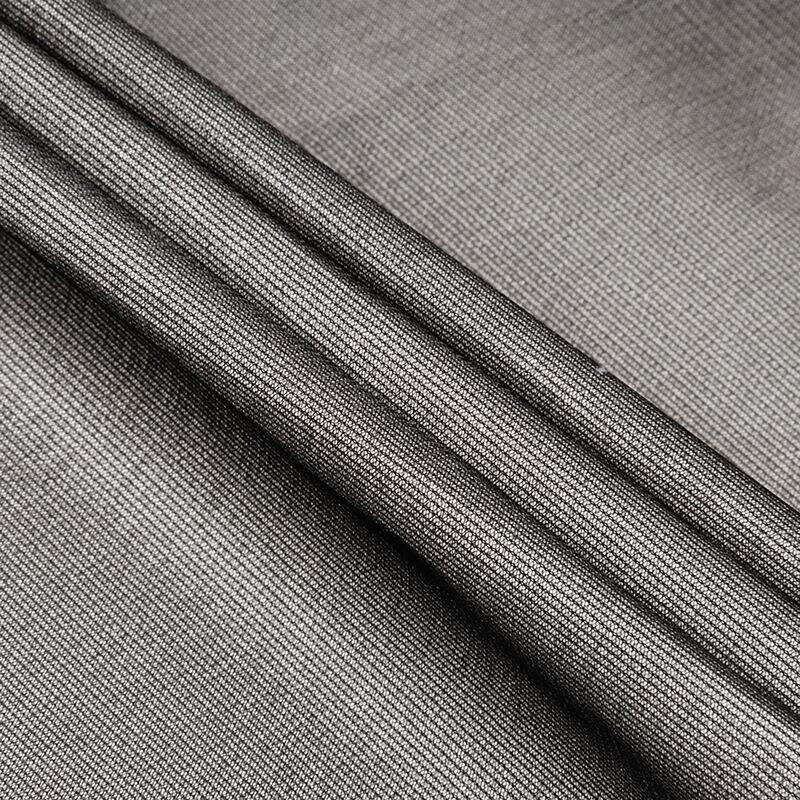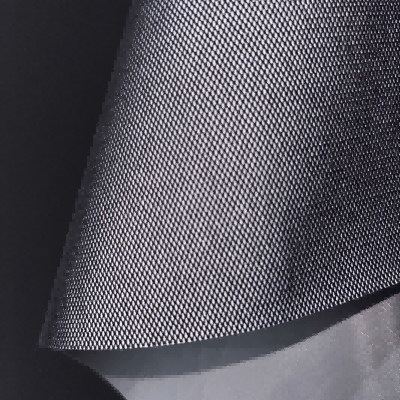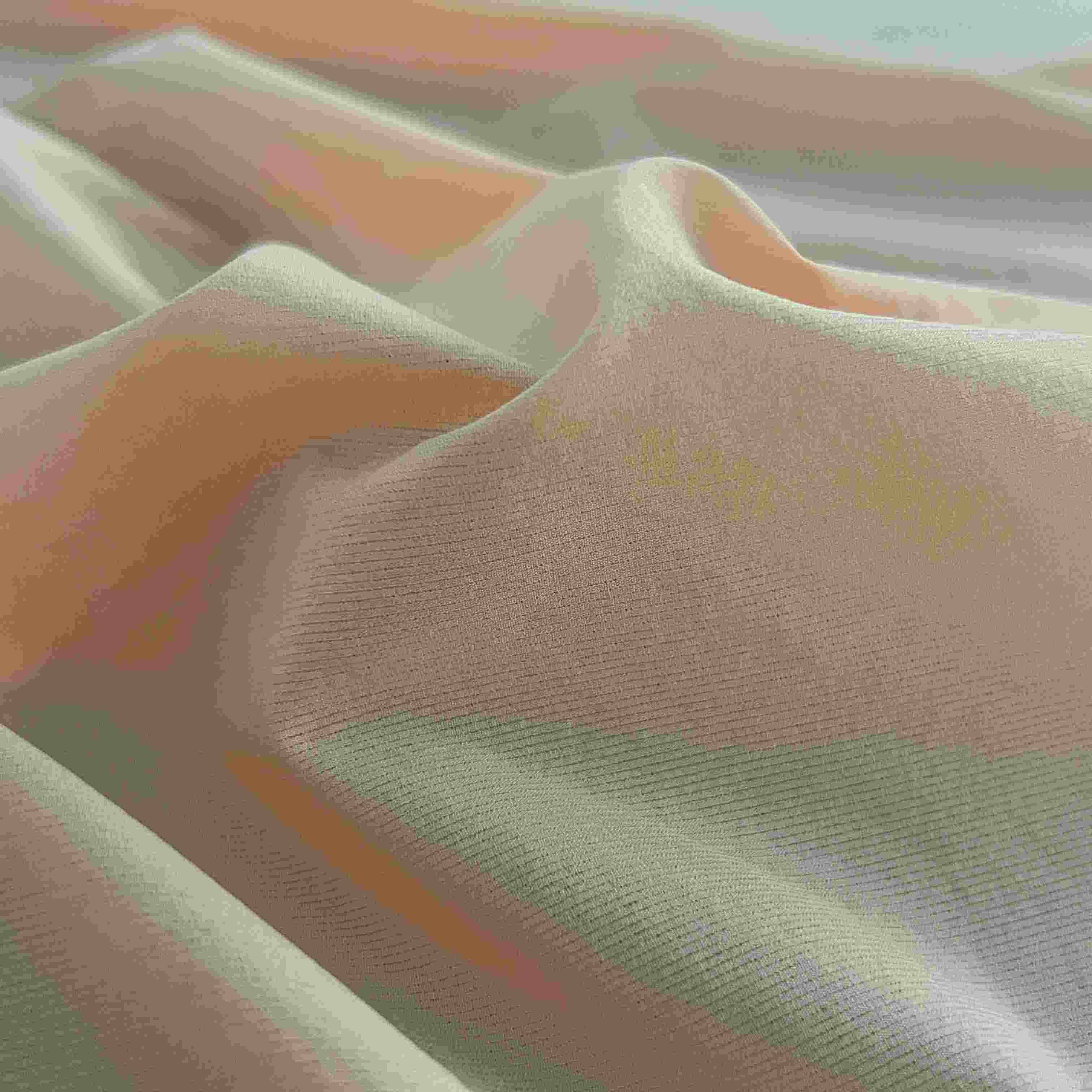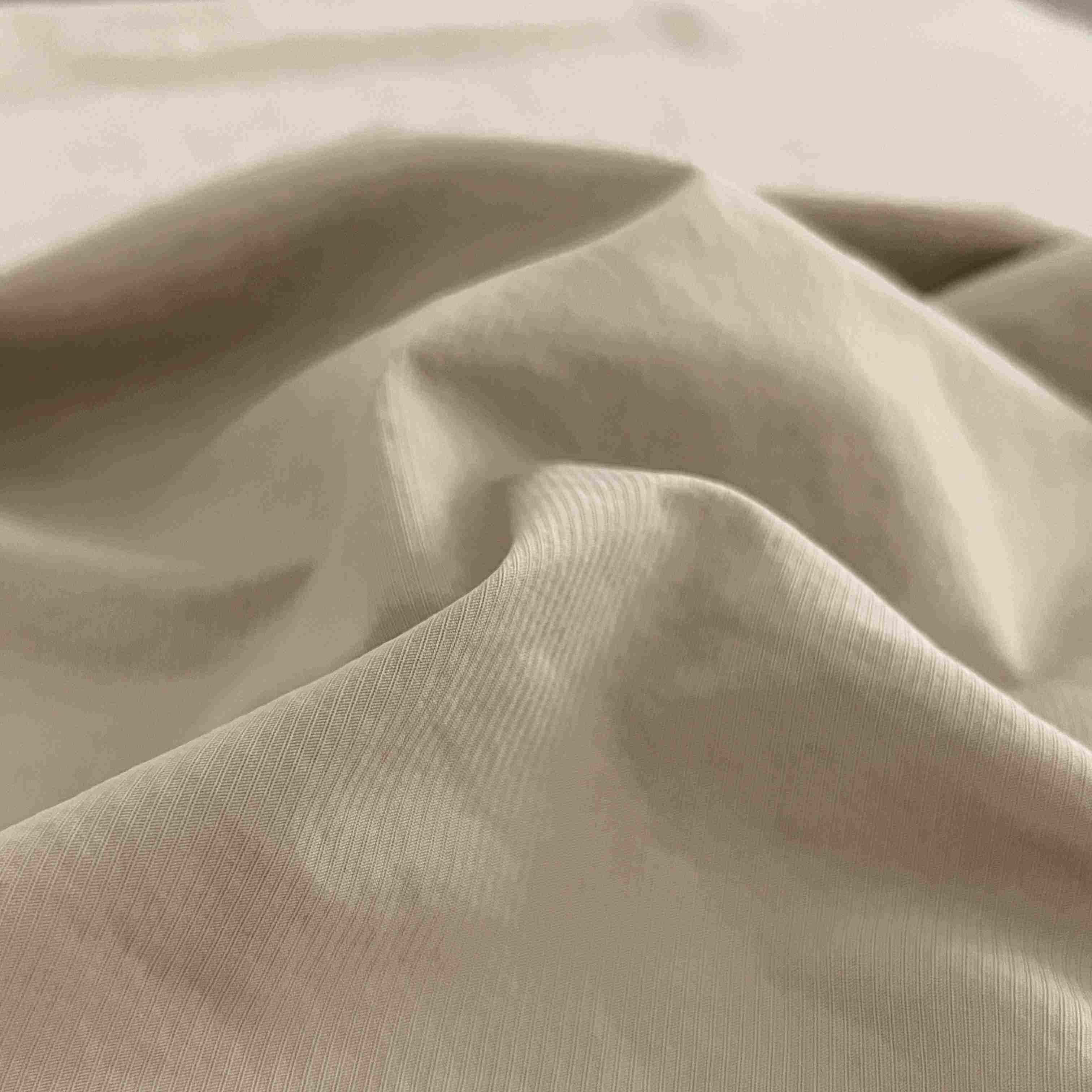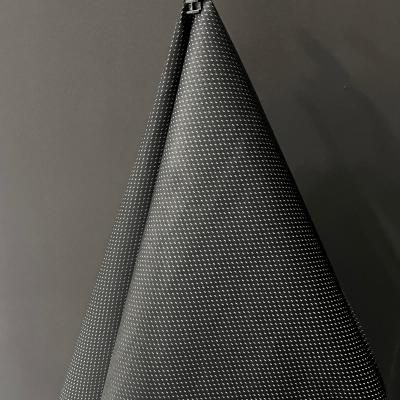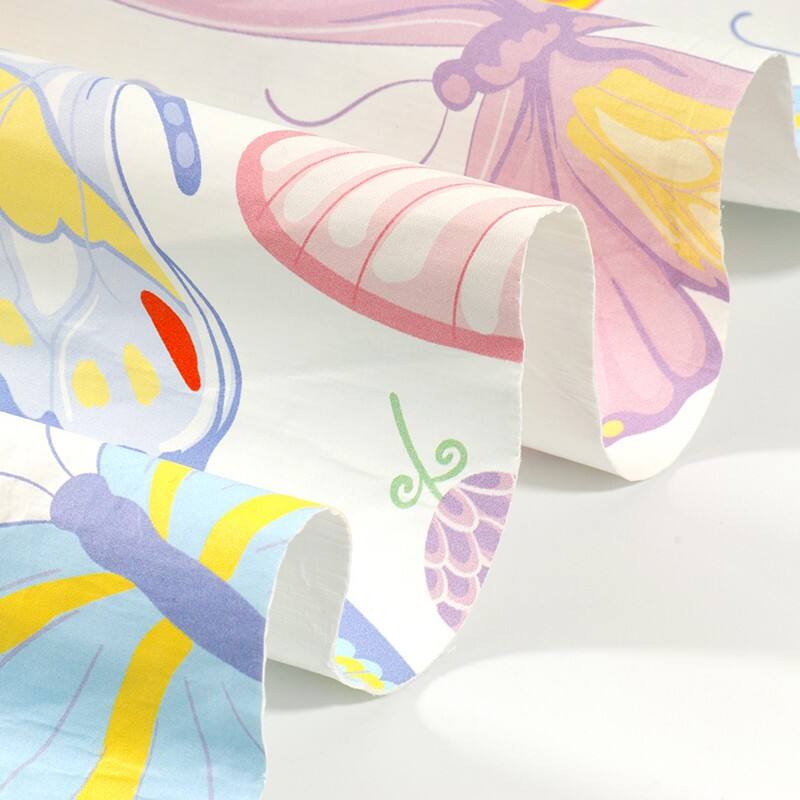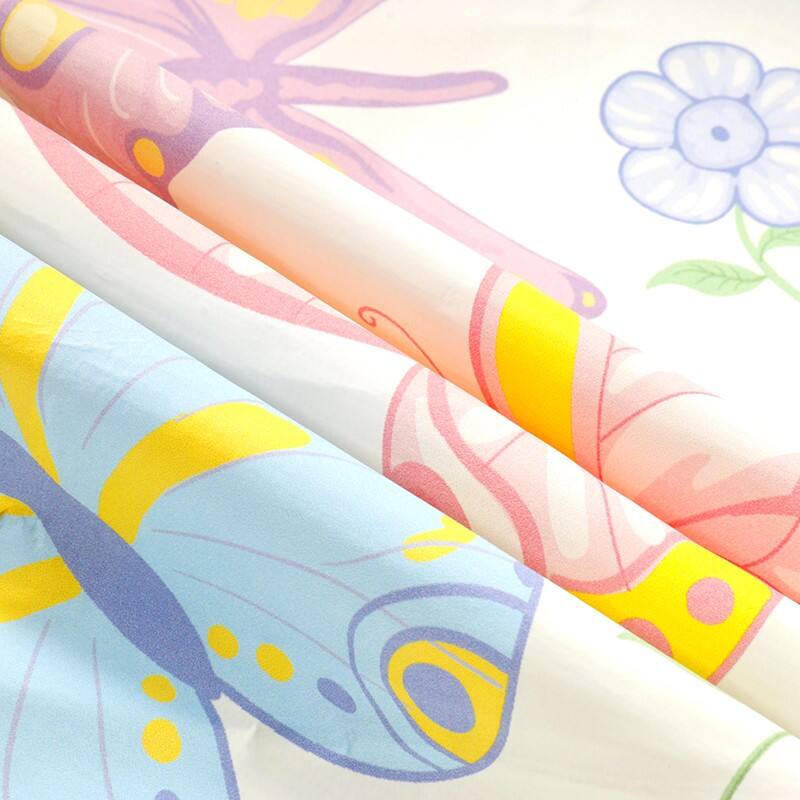eco friendly fabrics for clothing
Eco friendly fabrics for clothing represent a revolutionary shift in sustainable fashion, combining environmental consciousness with modern textile innovation. These materials include organic cotton, grown without harmful pesticides, recycled polyester created from plastic bottles, hemp which requires minimal water and pesticides, and innovative fabrics like Tencel derived from wood pulp. These sustainable textiles are manufactured using processes that minimize water consumption, reduce carbon emissions, and eliminate toxic chemicals. The fabrics feature remarkable durability, natural moisture wicking properties, and excellent breathability, making them ideal for various clothing applications. They maintain color vibrancy through multiple washes while requiring less energy for maintenance. Modern eco friendly fabrics have evolved to match traditional materials in terms of comfort, flexibility, and style while significantly reducing environmental impact. These materials are biodegradable or recyclable, ensuring a minimal environmental footprint at the end of their lifecycle. The technology behind these fabrics continues to advance, with innovations in natural dyes, water efficient processing, and enhanced fiber strength, making them increasingly competitive with conventional textiles in both performance and cost.
